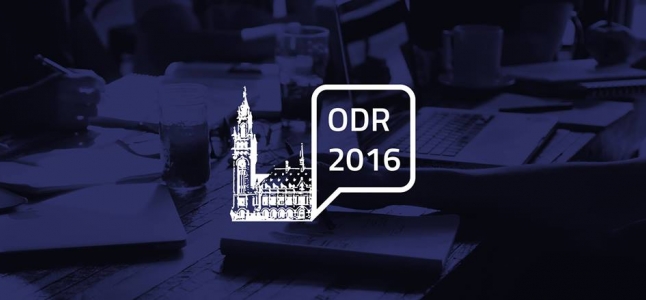We are getting close to 23 and 24 May, when we will host the 15th edition of the Global ODR conference in The Hague. With more than 150 ODR practitioners, court professionals, policy makers, legal tech and legal services professionals, we will discuss how ODR can help our courts and improve access to justice. ODR offers great opportunities for making justice work for people. Its utilisation of new technologies, cutting edge knowledge on conflict resolution, and new forms of organisation and governance open new avenues to delivering high quality justice in a manner that is cost effective for citizens and for society.
During the conference, there will be demos from some of the world’s most cutting edge platforms. Some of them focus on domains where the business case for ODR is firmly established. Modria’s Resolution Center (that builds on the technology that famously worked in E-Bay and will be presented by its founders Chittu Nagarajan and Colin Rule) is perhaps the most well-known example.
During the past few years, some platforms have been developing the proof of concept that ODR can also successfully work for more complex, relational disputes like divorce, landlord-tenant disputes, and neighbour disputes. Our HiiL Rechtwijzer Technology (presented by Liselotte Maas from the Dutch Legal Aid Board, Sherry MacLennan from the Legal Services Society of BC and Laura Dowson from Relate UK) is one of the examples here.
Interestingly enough, ODR initiatives emerge from both the private sector as well as the public sector. The Civil Resolution Tribunal from British Columbia (which will be presented by its Chair Shannon Salter) is a strong example of the latter, which is deeply rooted in legislation. The EU ODR platform is another recent example.
Both the public sector and the private sector bring forth interesting ODR technology. Some examples are developed and run by solid government IT departments (and the IT consultancy firms they generally work with). Some examples are hosted in the cloud and are developed by companies that are specialised in developing and further innovating ODR platforms.
We will be able to discuss the challenges associated with all these different options from a large variety of angles. Our conference program brings together court leaders from Africa, Europe, North America, and Asia, as well as from our highest global courts like the International Criminal Court.
Read all about it on the conference website, where you can also still register. I hope to welcome you in the Peace Palace in The Hague on 23 and 24 May.

